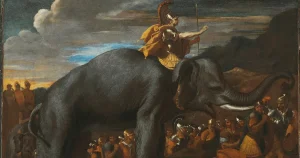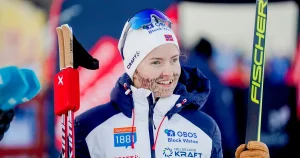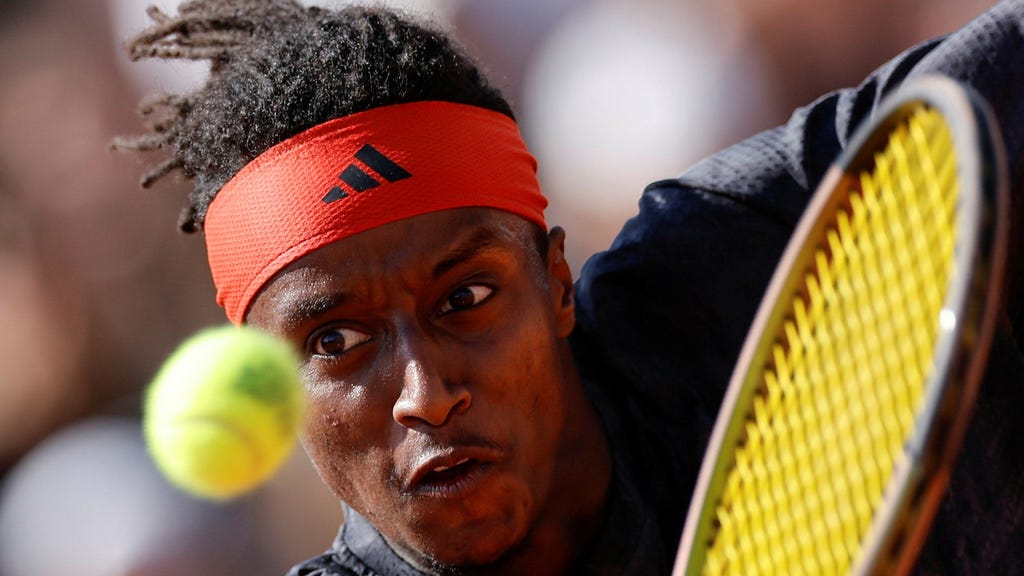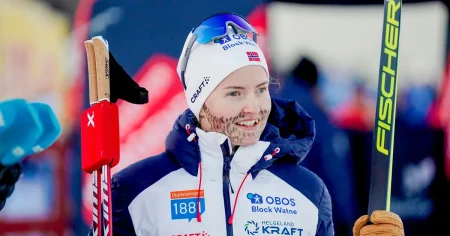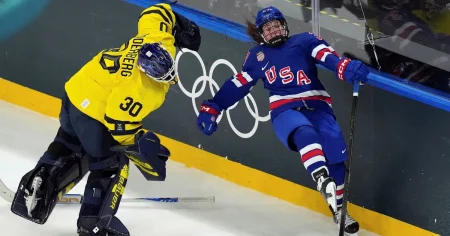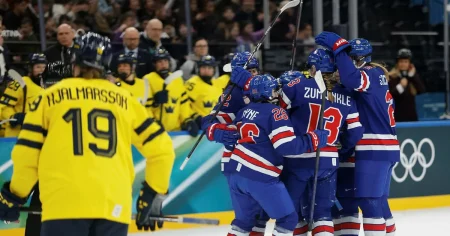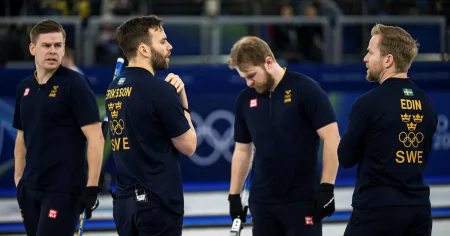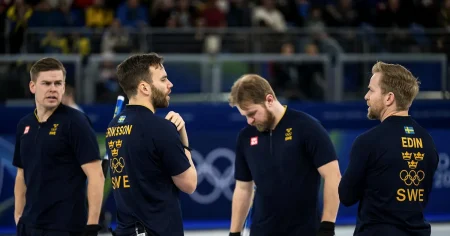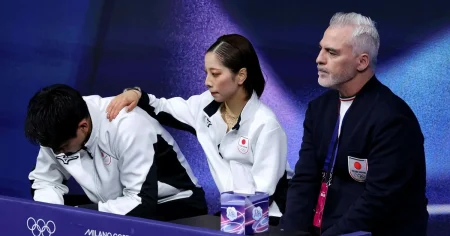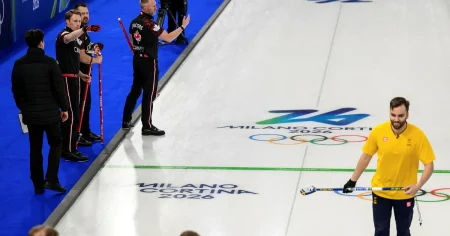Mikael Ymer’s Return to Tennis: A Triumphant Comeback After Suspension and Retirement U-Turn
Mikael Ymer, the Swedish tennis player who once reached a career-high ranking of 50, has made a remarkable return to the sport after serving an 18-month suspension and briefly announcing his retirement. His suspension stemmed from missed whereabouts reporting, a critical component of anti-doping regulations that requires athletes to provide their location for drug testing. Shortly after the ban was imposed, Ymer declared his retirement from professional tennis, a decision that sent shockwaves through the tennis world and left many questioning his future. However, Ymer’s retirement proved to be short-lived, as the allure of the court and the competitive fire within him reignited his desire to compete.
His comeback tournament was an ITF event in Luxembourg, a level below the ATP Challenger and main ATP tours. This lower-tier tournament provided an opportunity for Ymer to regain his match fitness and rediscover his competitive rhythm away from the intense scrutiny of the higher-level circuits. Facing a diverse field of players, Ymer showcased his resilience and determination, navigating through five matches to reach the final. The championship match pitted him against 18-year-old Norwegian Nicolai Budkov Kjær, a rising star representing the next generation of tennis talent. In a closely contested encounter, Ymer prevailed in three sets, securing the title and marking a significant milestone in his comeback journey. This victory served not only as a testament to his unwavering talent but also as a symbol of his perseverance and commitment to the sport.
The Luxembourg triumph injected renewed momentum into Ymer’s career, propelling him back into the spotlight and setting the stage for his return to the Davis Cup. He was selected to represent Sweden in their crucial tie against Australia, a high-stakes competition scheduled to take place in Stockholm’s prestigious Kungliga Tennishallen. The Davis Cup, a prestigious international team event, offers a platform for players to represent their countries and compete for national glory. Ymer’s inclusion in the Swedish team underscored his importance to the nation’s tennis hopes and signaled his successful reintegration into the competitive landscape.
While Mikael celebrated his return to form and his Davis Cup selection, his brother, Elias Ymer, also a prominent figure in Swedish tennis, made headlines for different reasons. Elias opted to withdraw from the Davis Cup team, citing disagreements with the team captain, Simon Aspelin, regarding his pre-tournament preparation. This decision sparked controversy and raised questions about the dynamics within the Swedish tennis fraternity. Elias publicly expressed his dissatisfaction with Aspelin’s approach, using social media as a platform to voice his concerns. This public airing of grievances further complicated the situation and added another layer of intrigue to the lead-up to the Davis Cup tie.
The contrasting fortunes of the Ymer brothers highlighted the complexities and challenges that athletes often face in their careers. Mikael’s triumphant return from suspension and retirement contrasted sharply with Elias’s withdrawal from the national team, underscoring the individual journeys and unique circumstances that shape the trajectories of even closely related athletes. Mikael’s story became one of redemption and resilience, while Elias’s situation emphasized the importance of communication and alignment between players and team management. The differing paths of the two brothers provided a compelling narrative in the landscape of Swedish tennis.
The convergence of these events – Mikael’s return to tennis after his suspension and retirement announcement, his victory in Luxembourg, his selection for the Davis Cup, and Elias’s withdrawal from the same competition – created a significant moment in Swedish tennis. These interwoven storylines captured the attention of the tennis world, showcasing the dynamism and unpredictable nature of the sport. The Ymer brothers, despite their contrasting circumstances, remained central figures in the ongoing narrative of Swedish tennis, their individual stories contributing to the broader tapestry of the sport. Their paths serve as a reminder of the personal triumphs and challenges that shape the lives and careers of professional athletes.


